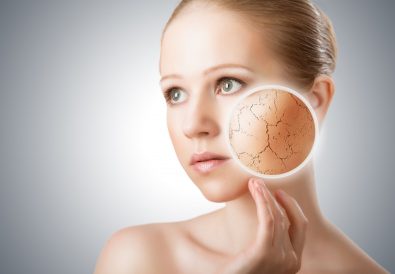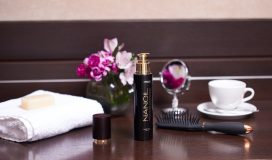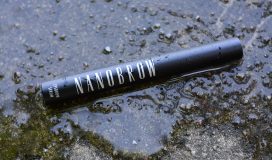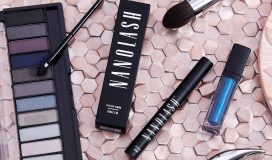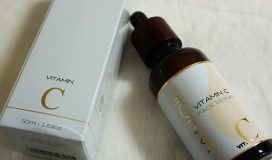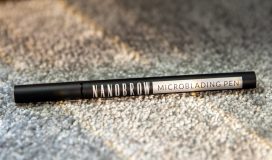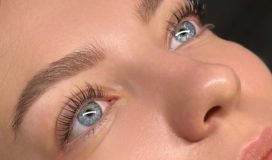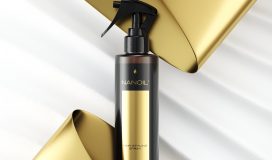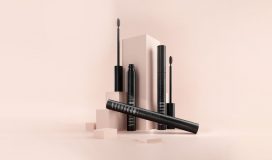An important question for the start! Do you know how sun protection filters differ from each other? And another question, do you know which sunscreens deliver the most effective protection?
Definitely, it was more than once that people I was talking with said that the subject of sun protection rang a bell but when it came to giving some definitions or precise information about it, they didn’t know how to elaborate on the topic. Indeed, various campaigns that were supposed to rise peoples’ awareness concerning the damages caused by solar radiation and the necessity of using sunscreens notched up success, or at least in most cases. Undeniably, we know that the sun protection filter is crucial and it’s almost a must to get along with it. Unfortunately, we often choose this cosmetics blindly, without knowing what SPF really is.
For that reason, I’d like to show you…
MINI GIDE – THE SECRETS OF UV FILTERS
Do you know that we can spend no more than a quarter of an hour being exposed to the sun without having a sunscreen on? After this time our skin becomes prone to the strong action of damaging UVA and UVB radiation. Wearing a sunscreen gives us the possibility of longer exposition to the sun without risking sunburns. The rule is simple – the higher the indicator of SPF, the more time we can devote to safe sunbathing 🙂
Currently, there are two groups of filters that cosmetics feature:
- chemical filters (various chemical compounds),
- physical filters (in other words, nonorganic or mineral).
What is the difference between a chemical filter and a physical filter?
The truth is that there are plenty of differences, indeed, but in whole, chemical filters absorb sun rays of a defined wave whereas physical filters scatter the light that hits our skin. Of course, each type has its pros and cons that I’ll try to present you. I hope this will give you the opportunity of conscious choice of the right sunscreen.
Physical filters
have the ability to scatter UV radiation and, what is crucial, protect against both types of radiation – UVA and UVB. These make an impression of being almost invisible on skin and, at the same time, they seem to be completely tolerated by dermis. They don’t cause irritations although they may highlight skin if applied in galore (this effect can be minimized due to appropriate silicones or acids). Another key point is that specialists agree on the safety issue connected with the filters. Namely, physical filters can be used by sensitive skin owners and small kids.
Advantages of physical filters:
- protects against all kinds of radiation;
- appropriate for delicate and kid’s skin;
- they don’t lose their features under the influence of sun rays or time.
Chemical filters
act a little bit differently because they are regular organic compounds which absorb damaging radiation instead of bouncing it. In great majority these are synthetic derivatives carrying weird-sounding names. The greatest disadvantage of them is the fact that they break down due to the influence of solar radiation. For that reason, it’s important to reapply another layers of the cosmetic if you spend long hours outdoors. Obviously, there are also chemical filters that don’t evaporate from skin and preserve the features even when exposed to UV/water yet in order to distinguish them from the other similar products, a special knowledge is required.
Advantages of chemical filters:
- delivers sun protection,
- are available in many various variations.




